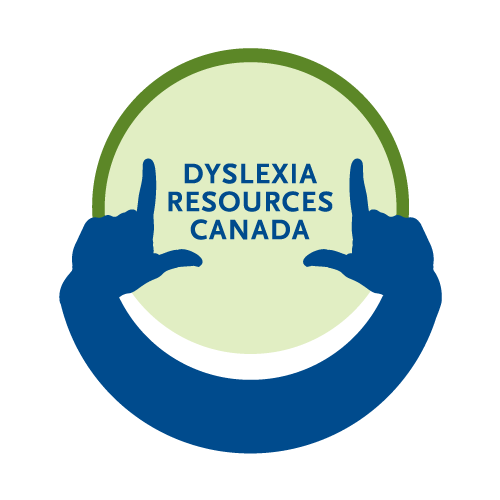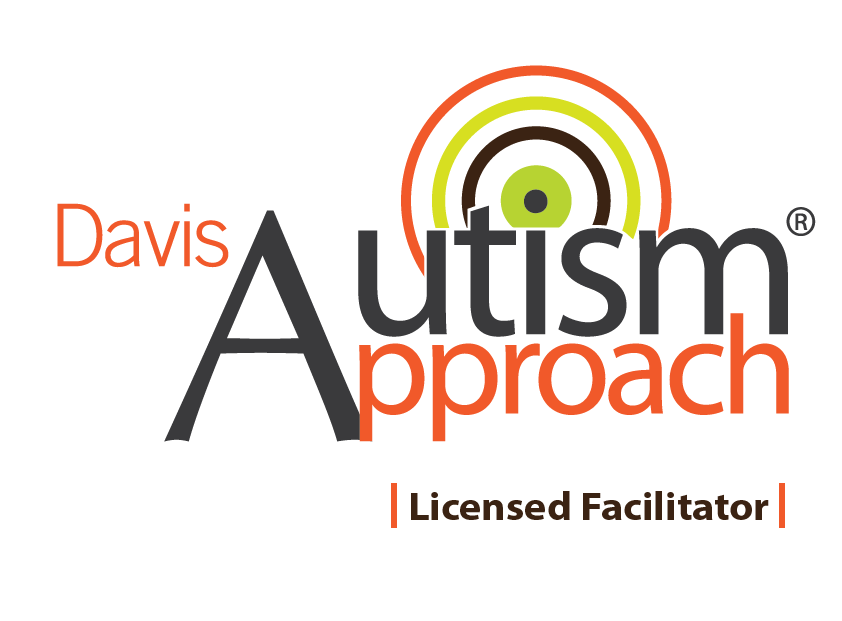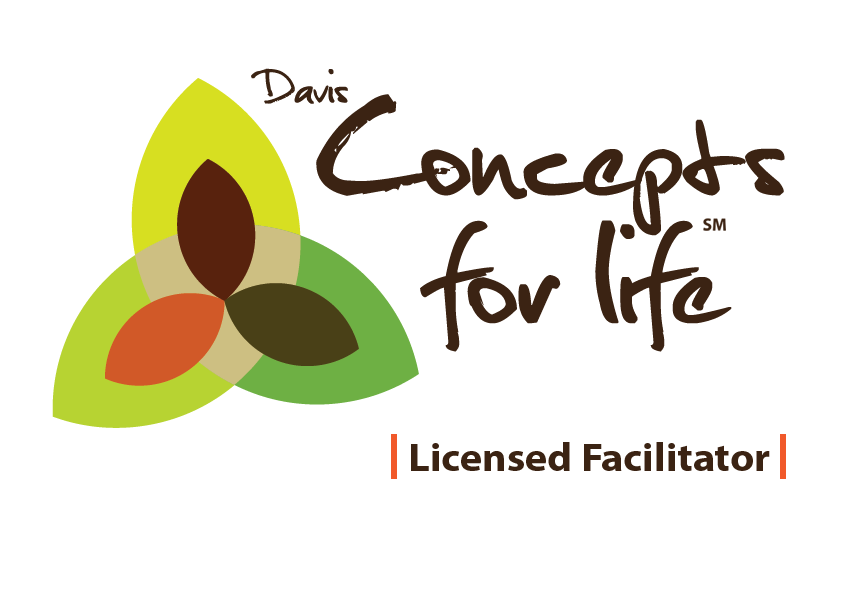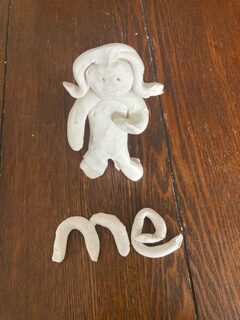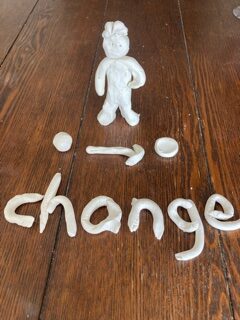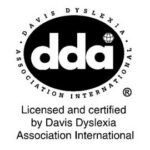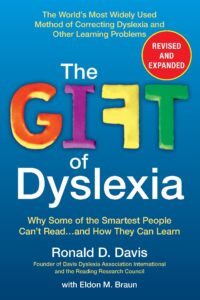Children progress through a series of developmental steps, but some may not move through all of them, may miss some pieces of a step, or even skip a step altogether.
We all have little pieces missing somewhere, so anyone can benefit from this program.
However, the number of holes in developmental steps hinders someone from reaching their full potential, so the more pieces missing, the less the level of functioning will be. When enough pieces are missing, it can result in a diagnosis of being on the Autism Spectrum.
